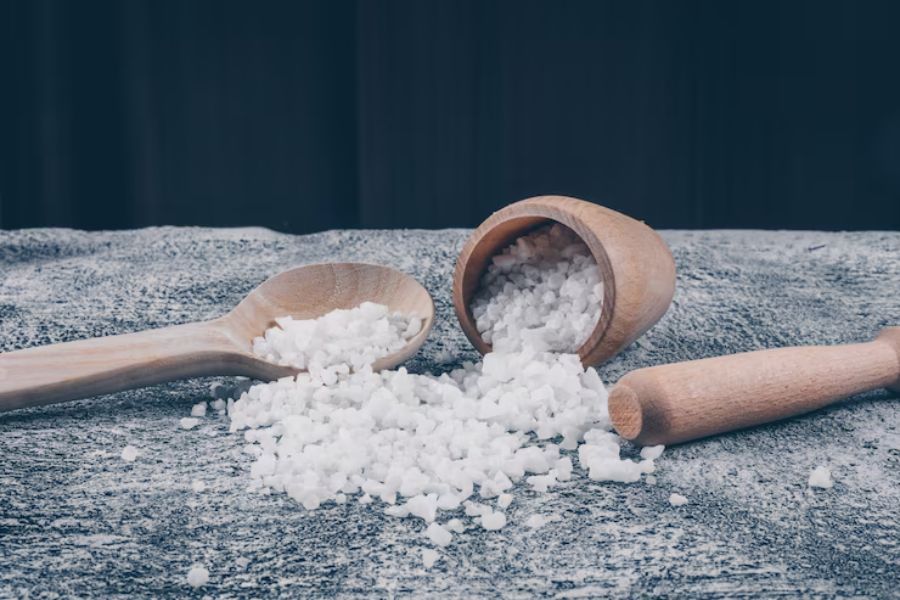Taking care of our oral health is crucial, not just for a stunning smile but also for overall health. While commercial mouthwashes offer great benefits, an age-old remedy—salt water rinses—deserves attention for its simple yet effective antiseptic properties.
Salt water rinses are a solution made from dissolving salt in warm water. This natural remedy has been used for centuries to address various oral health issues.
The Science Behind Salt Water
Salt, a natural disinfectant, works by increasing the pH balance of your mouth, creating an alkaline environment that bacteria find hard to survive. The warm water aids in soothing swollen or inflamed tissues.
Harnessing the power of this simple solution can offer multiple benefits for your oral health.
Fights Bacteria
Salt water rinses can help reduce bacteria in the mouth, which can help prevent cavities and gum diseases.
Soothes Oral Discomfort
A salt water rinse can provide temporary relief for oral discomfort caused by ulcers, sore throats, or recent dental procedures.
Promotes Healing
Due to its antiseptic properties, salt water rinses can aid in healing wounds in the mouth, like after tooth extraction.
Creating and using a salt water rinse is straightforward. Here’s a simple guide.
Preparation
Mix half a teaspoon of salt into a cup of warm water until it’s fully dissolved.
Usage
Swish the solution in your mouth for about 30 seconds and then spit it out. Do not swallow.
While salt water rinses offer various benefits, there are a few things to keep in mind.
Not a Replacement for Regular Dental Care
While effective, salt water rinses should not replace regular brushing, flossing, and dental check-ups. They should be used as a complement to a comprehensive oral health routine.
Potential Risks
Though generally safe, excessive usage could potentially lead to enamel erosion over time due to salt’s abrasive nature.
Conclusion: Salt Water Rinses for a Healthy Mouth
Salt water rinses are a simple yet powerful addition to your oral health toolkit. With their antiseptic properties, they can contribute to a cleaner, healthier mouth and serve as an accessible first line of defense against oral discomfort.
For additional information on natural remedies for oral health, check out the wealth of resources available on the American Dental Association’s website.

